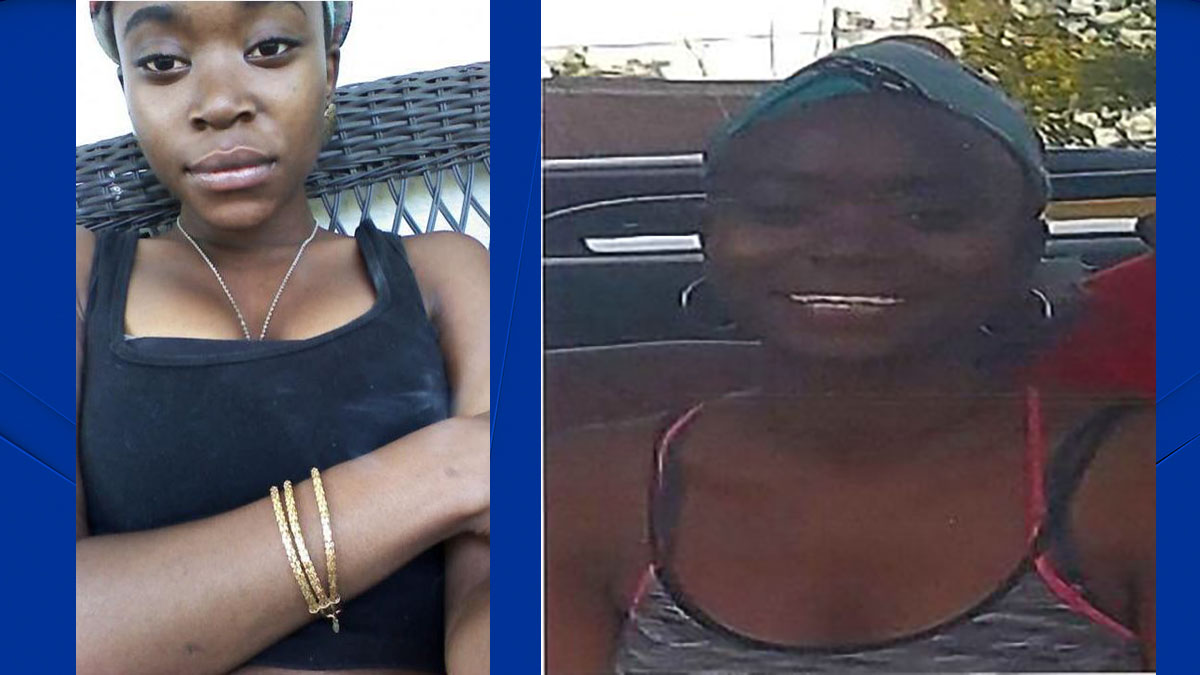A doctor treating some of the most serious COVID-19 patients at North Shore University Hospital on Long Island told NBC New York that the last 10 days have been some of the saddest and most harrowing of her entire career.
While documenting parts of her workday, which more and more frequently have featured 12- to 16-hour shifts inside the coronavirus unit, Dr. Evelina Grayver said that just upon entering the area, "you can smell fear. You smell death." She added that coming to work and walking around now has an entirely different feel than ever before.
That feeling, Grayver said, is one of helplessness among she and her colleagues — with little they can do to help the seriously ill patients in their unit. While the common belief is that COVID-19 more seriously effects older individuals, half of the patients in Grayver's unit are below the age of 60 — who just days ago, had no health issues.
"The disease is way more severe than anybody could actually imagine," Grayver said. "I cry. I think that's ok to actually say, the fact that I do allow myself to, at a certain point, feel what this actually means."
She said that if others could see what she has to witness on a daily basis, people would take the quarantine much more seriously, and no one would ever leave their home.
Thoughts of her 12-year-old daughter help get Grayver through her day, she said, but it also weighs heavily on her mind.
"There's a fine line where you want to be able to put your life on the line and protect, but at the same time knowing what you could be doing inside, you could be bringing home with you, and infect your loved ones," she said.
Local
Like many others on the front lines fighting the virus, Grayver said personal protective equipment supplies are running thin. She's had to re-wear masks and goggles that normally would be thrown away, because she has no other choice.
One of the brief moments of levity Grayver's had over the past weeks caught her completely off-guard. One evening, she noticed her neighbors started clapping at 7 p.m., but had no idea why. It wasn't until her daughter explained it to her that she learned the cheers were for medical staff, like her.
"I stopped in my tracks, and I started to cry," she said. "I think all of that emotion that was pent up over the last 10 days that I've been in this hospital, I released right there."



